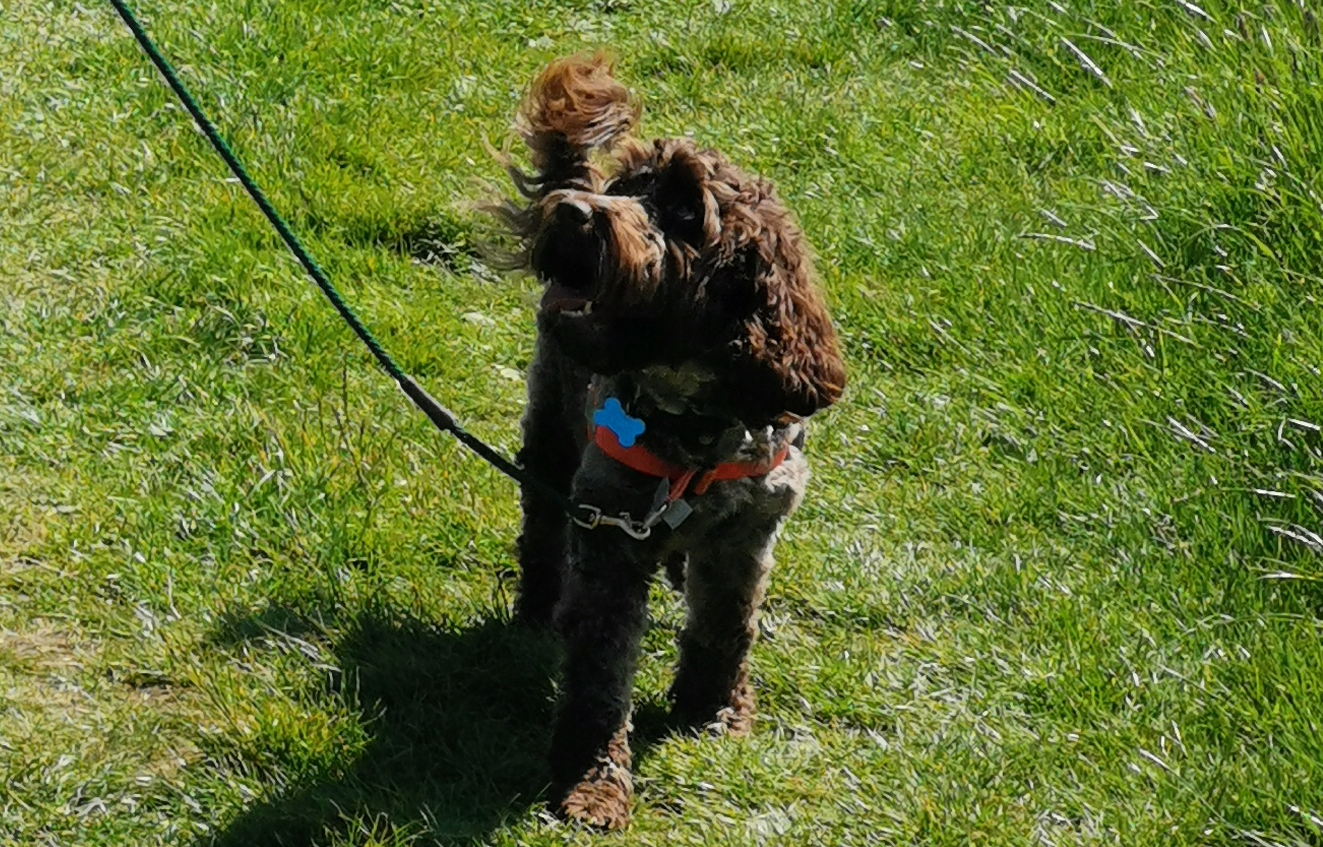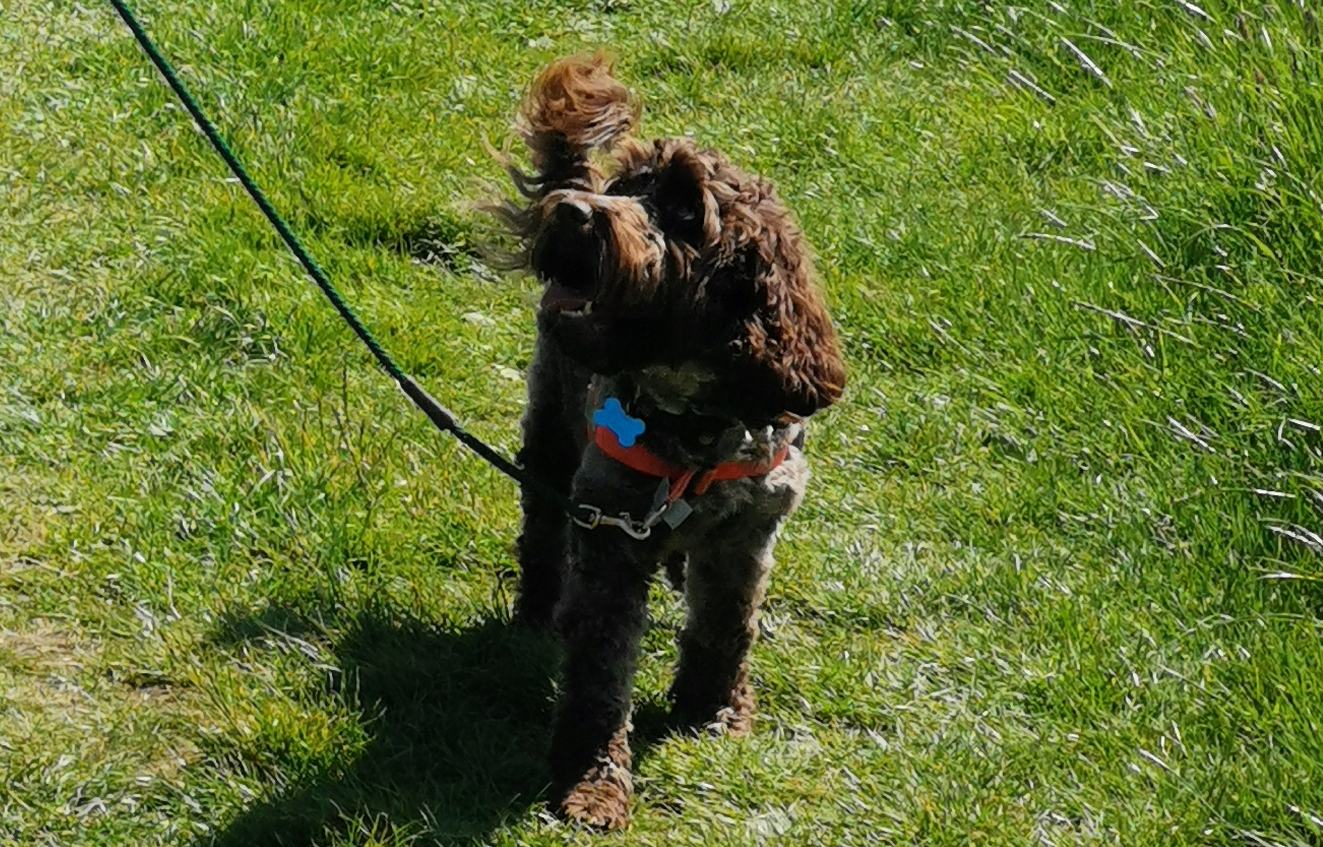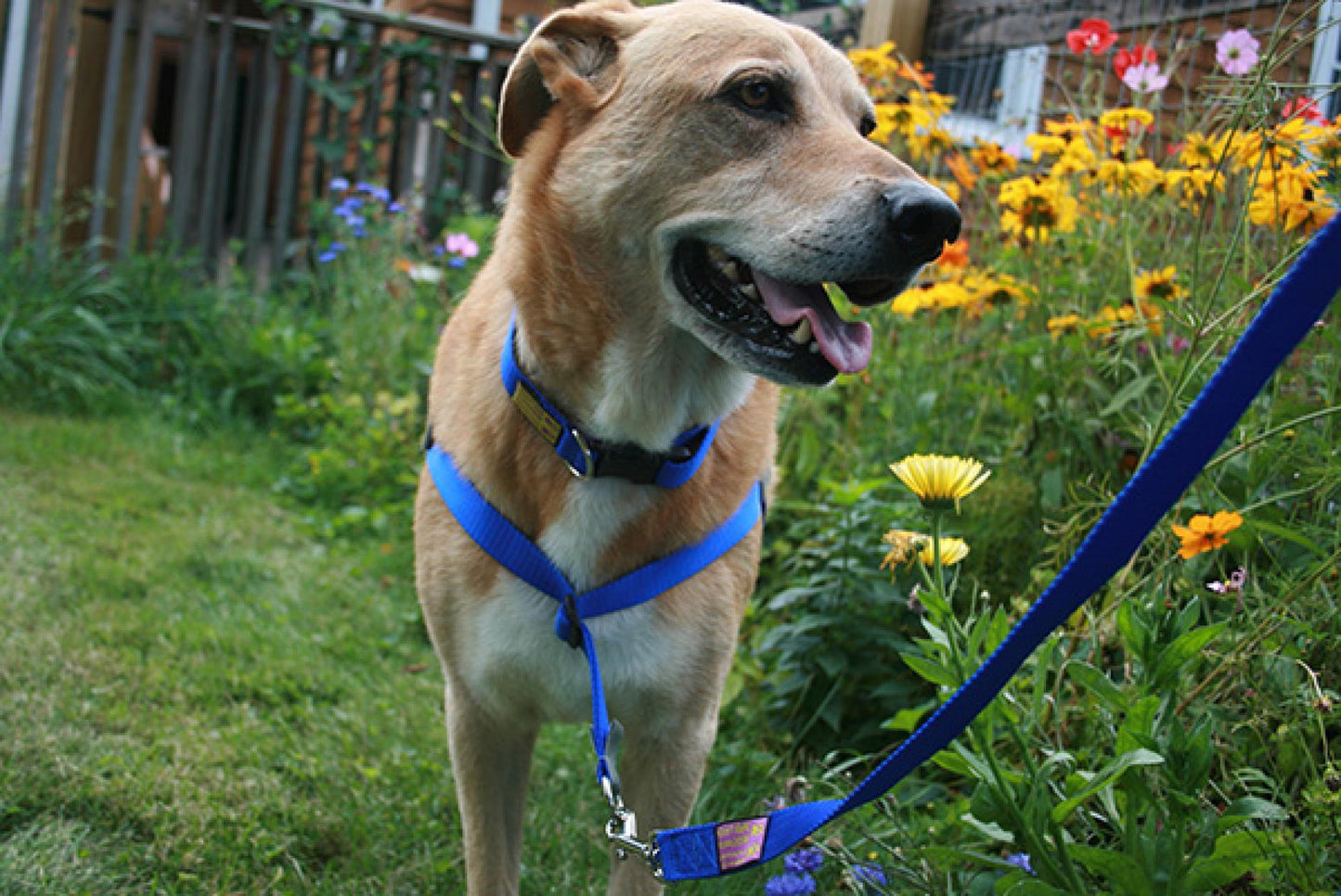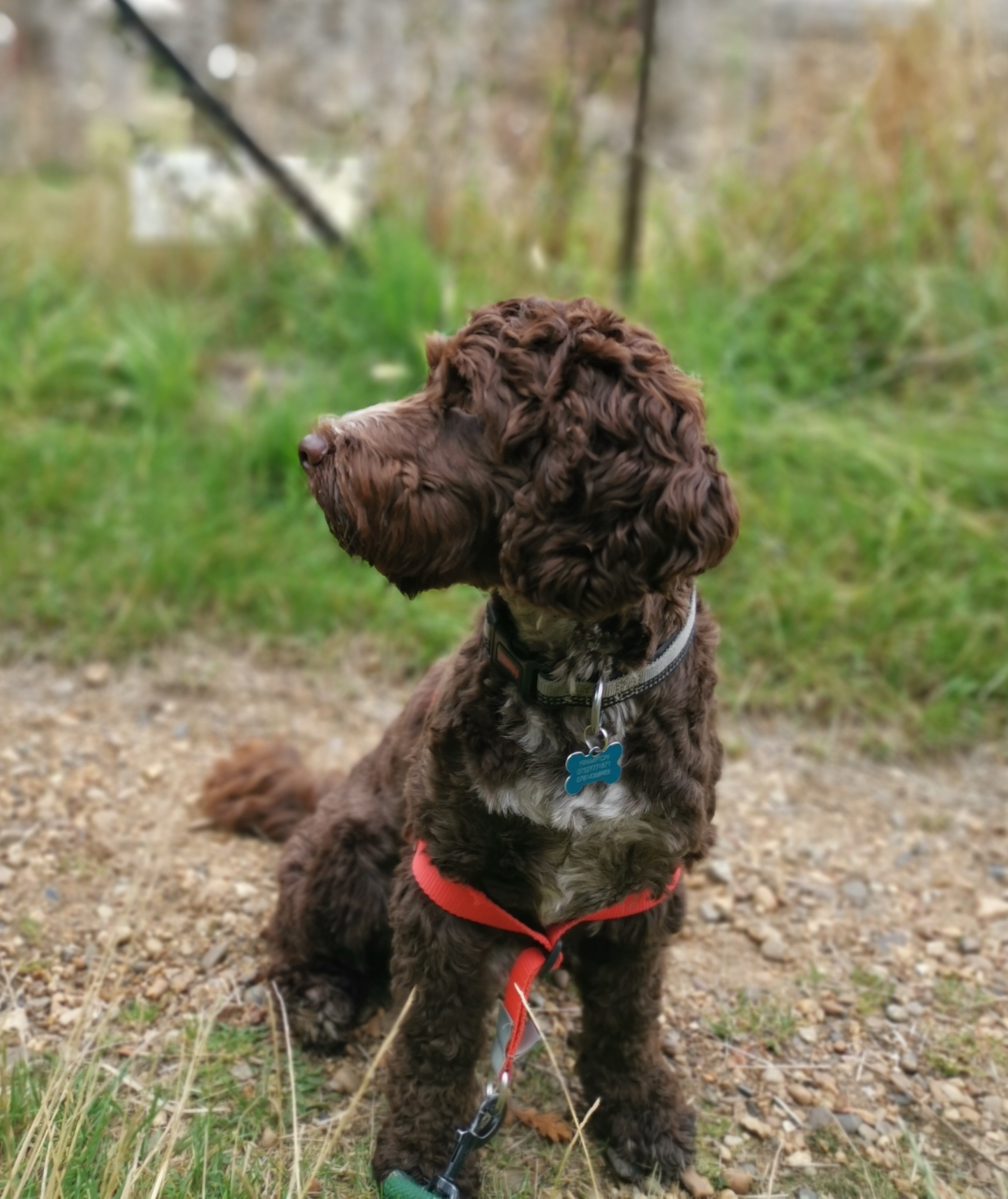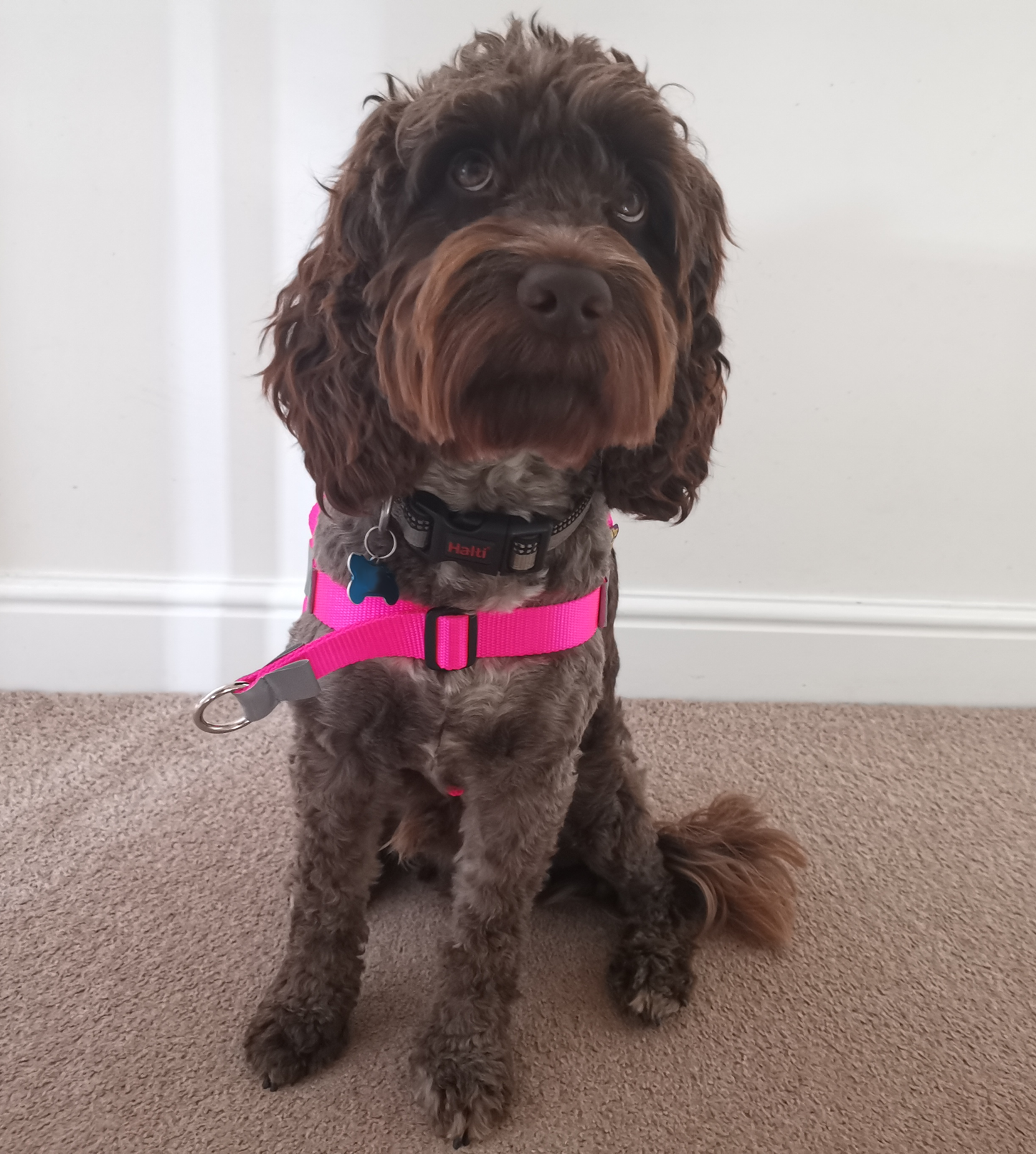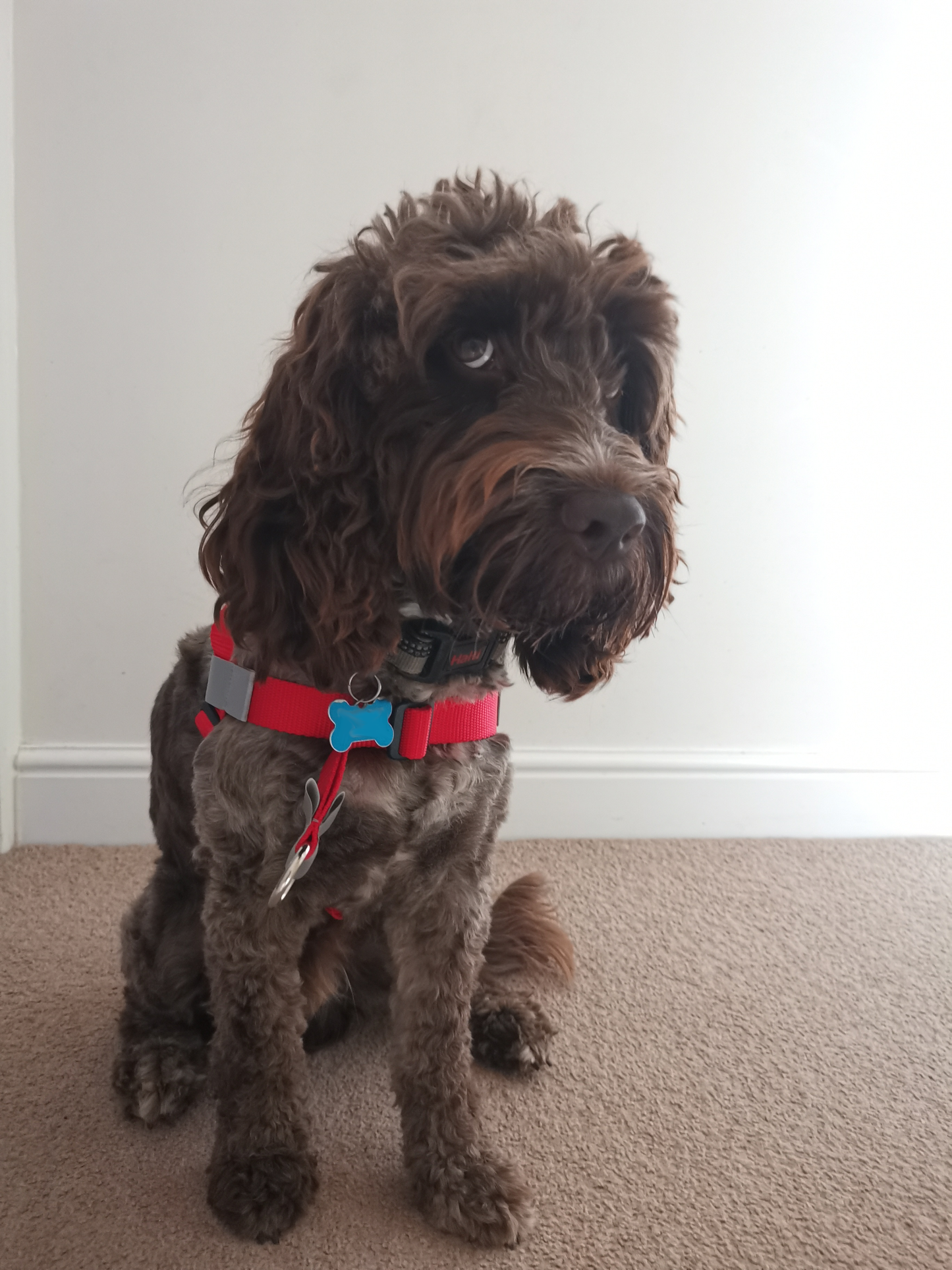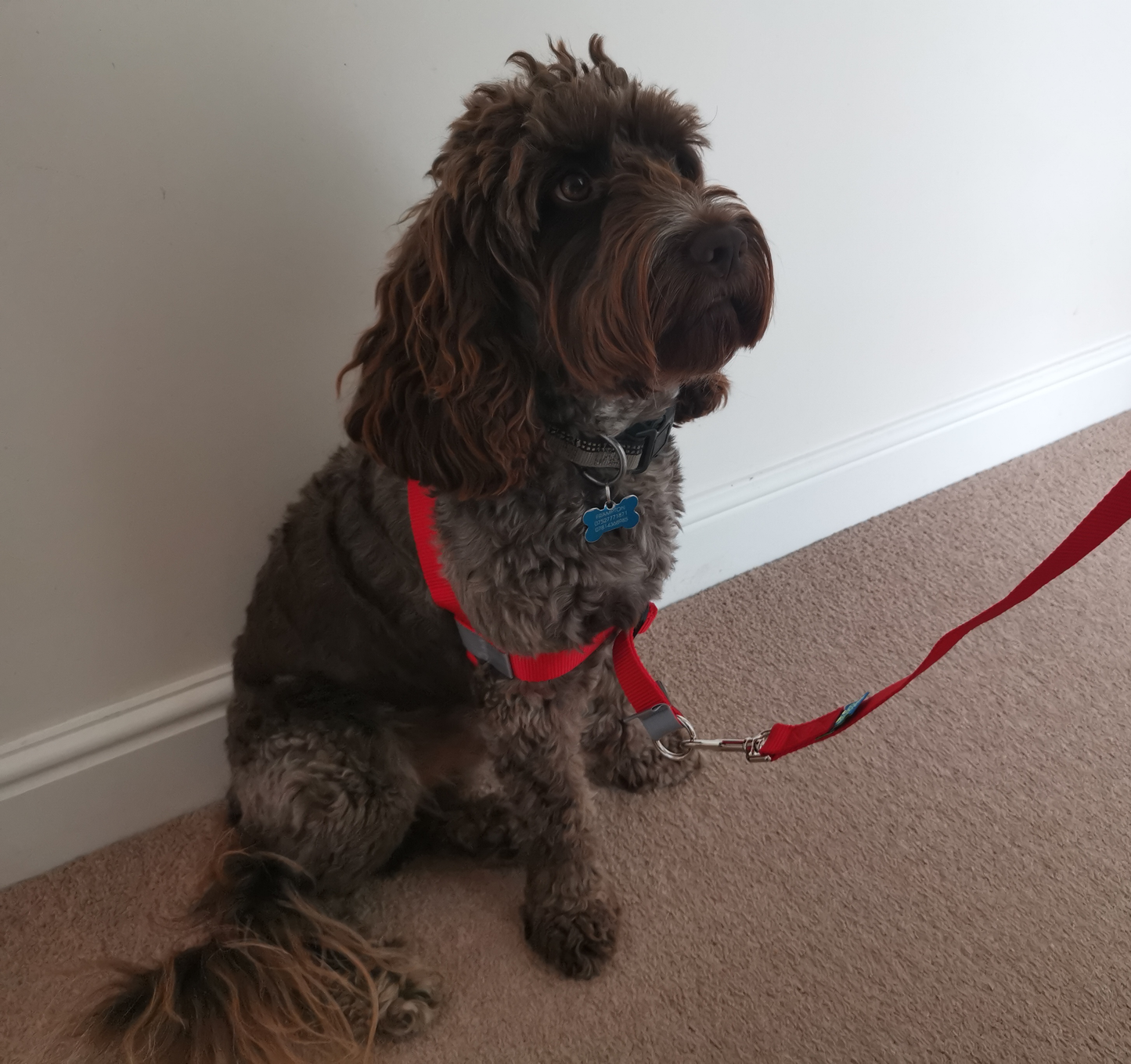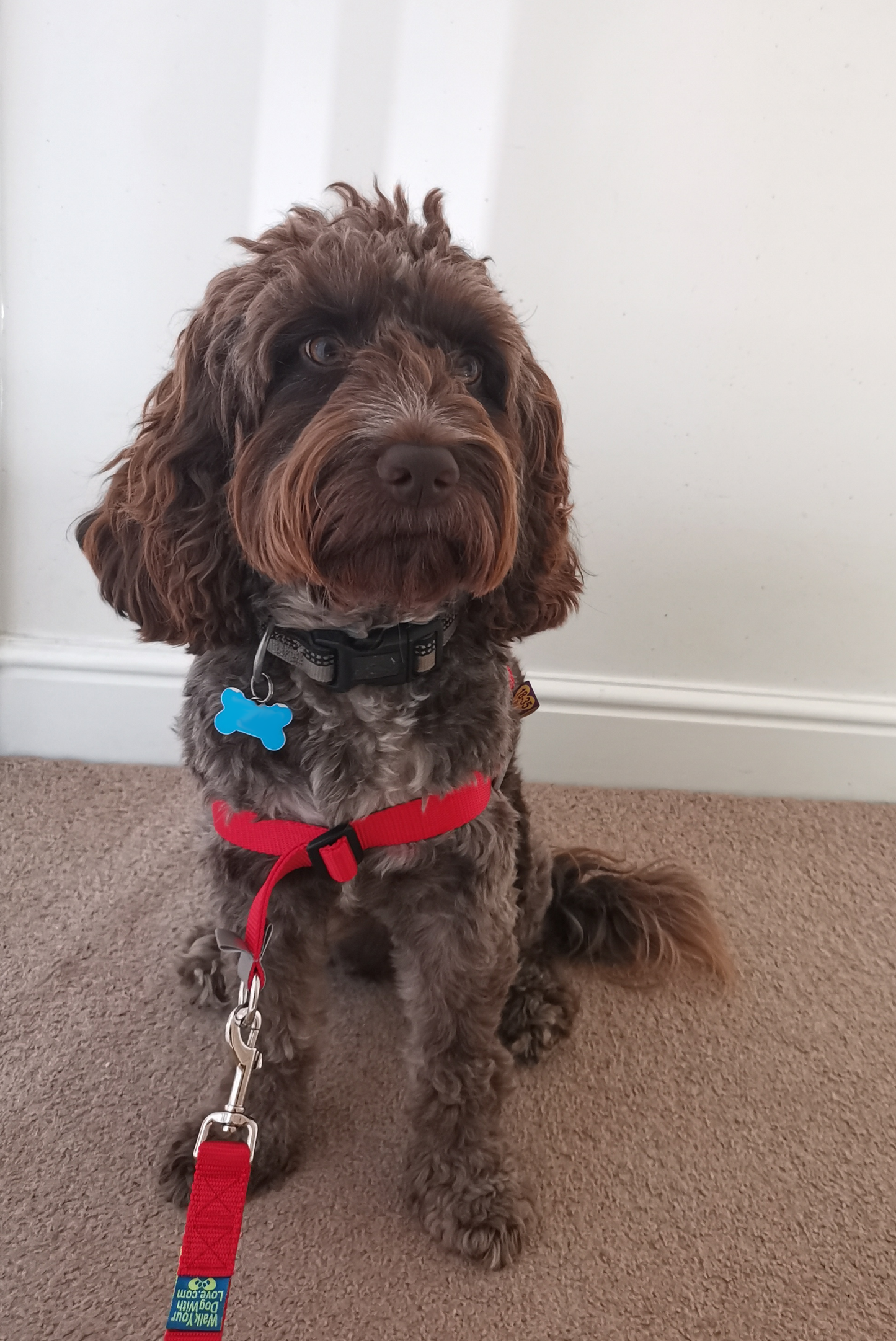Bringing a new puppy into your home is an exciting and joyful experience. As you welcome your furry bundle of joy, you also take on the responsibility of nurturing them into a well-behaved and well-adjusted adult dog. The early weeks and months of a puppy's life are critical for laying the foundation of good behavior and socialization. In this blog post, we'll explore essential tips and techniques for puppy training, ensuring you start off on the right paw with your adorable new companion.
- Begin with Positive Reinforcement
Positive reinforcement is the cornerstone of effective puppy training. Instead of focusing on punishment for undesirable behavior, reward your puppy for good behavior with treats, praise, and affection. When your puppy associates positive actions with rewards, they are more likely to repeat those behaviors in the future.
- Socialization is Key
Socializing your puppy is crucial for developing a confident and friendly demeanor. Introduce your puppy to various people, places, and other animals in a safe and controlled environment. Positive encounters during this critical period will help prevent fear and aggression issues later in life.
- Establish a Consistent Routine
Puppies thrive on routine and structure. Create a daily schedule for feeding, playtime, training sessions, and bathroom breaks. Consistency will help your puppy understand what is expected of them and reduce the likelihood of accidents or undesirable behaviors.
- Use a Crate for Safe Space
A crate can serve as your puppy's den, providing a safe and secure space for rest and relaxation. When introduced correctly, your puppy will see the crate as their own private haven, reducing anxiety and promoting good behavior when left alone.
- Patience and Persistence
Remember that puppies are learning and growing every day. Training takes time, and setbacks are normal. Be patient and persistent, and avoid becoming frustrated or resorting to harsh training methods. A calm and positive approach will yield better results and strengthen your bond with your pup.
- Basic Commands: Sit, Stay, and Come
Teaching basic commands early on sets the groundwork for more advanced training later. Start with simple commands like "sit," "stay," and "come." Use treats and praise to reinforce these commands, and practice them in various situations to ensure your puppy understands and obeys them consistently.
- Leash Training for Walks
Proper leash training is essential for enjoyable walks with your puppy. Introduce the leash gradually, and use positive reinforcement to encourage walking calmly beside you. Avoid pulling or yanking on the leash, as it may create fear or anxiety in your puppy.
- Preventing Chewing and Biting
Puppies explore the world with their mouths, leading to chewing and nipping behaviors. Provide appropriate chew toys to redirect their attention away from household items, and discourage biting by immediately ceasing playtime when your puppy becomes too rough.
- Regular Vet Check-Ups
Schedule regular vet check-ups to ensure your puppy is in good health and up-to-date on vaccinations. Your veterinarian can also offer guidance on training, nutrition, and any specific concerns related to your puppy's breed or age.
Conclusion
The early months of puppyhood are a precious time for bonding and laying the groundwork for a well-behaved and happy dog. By implementing positive reinforcement, socializing your puppy, and establishing a consistent routine, you can set your puppy on the path to becoming a well-adjusted and obedient companion. Remember to be patient, as puppy training takes time and dedication. With love, guidance, and understanding, you'll enjoy a lifetime of cherished memories with your loyal and well-trained furry friend.


